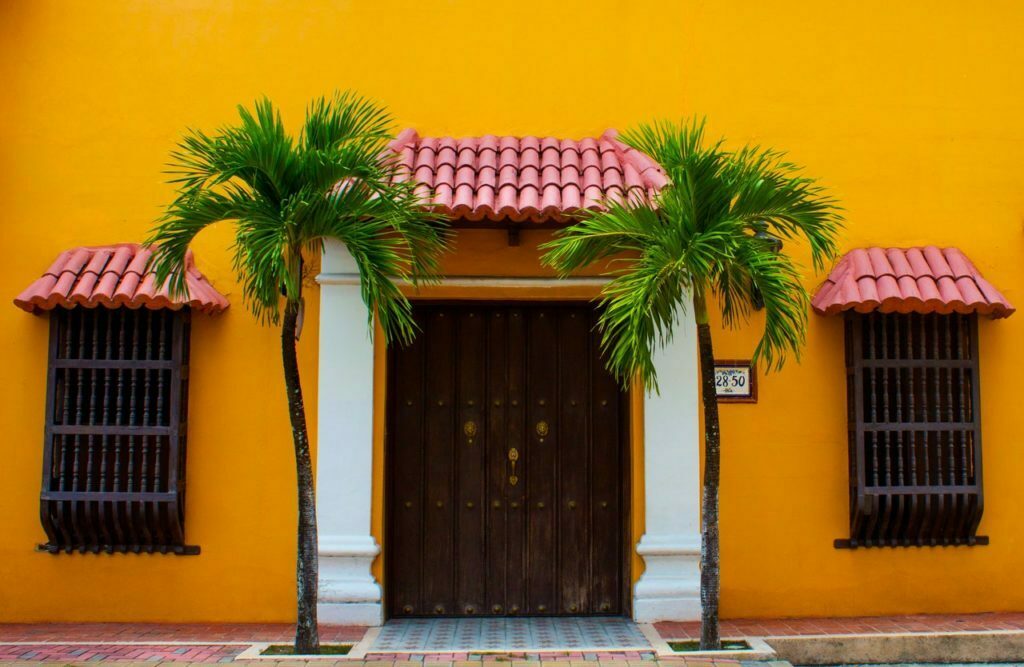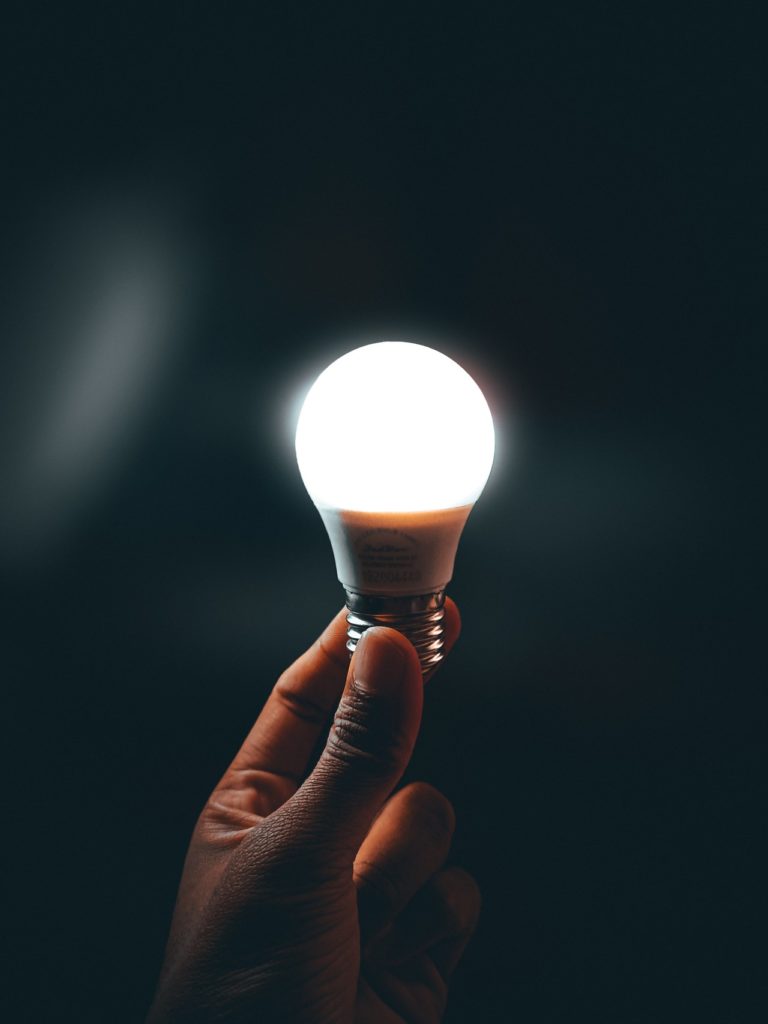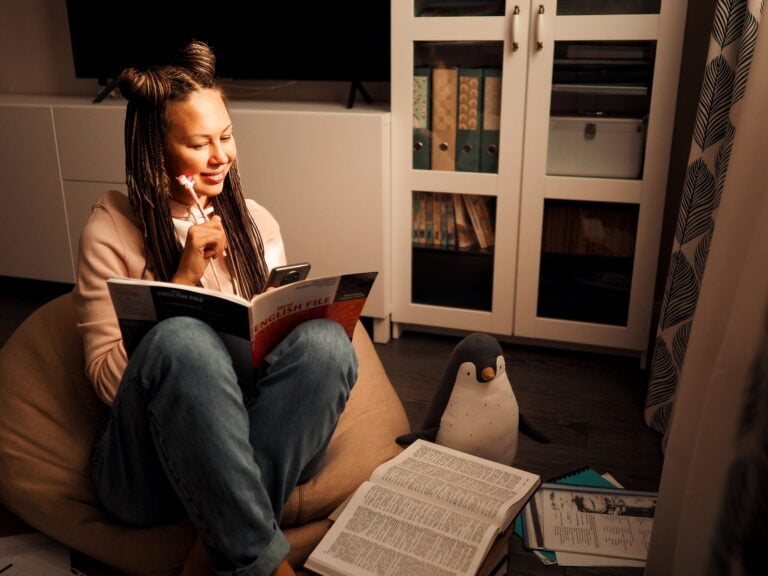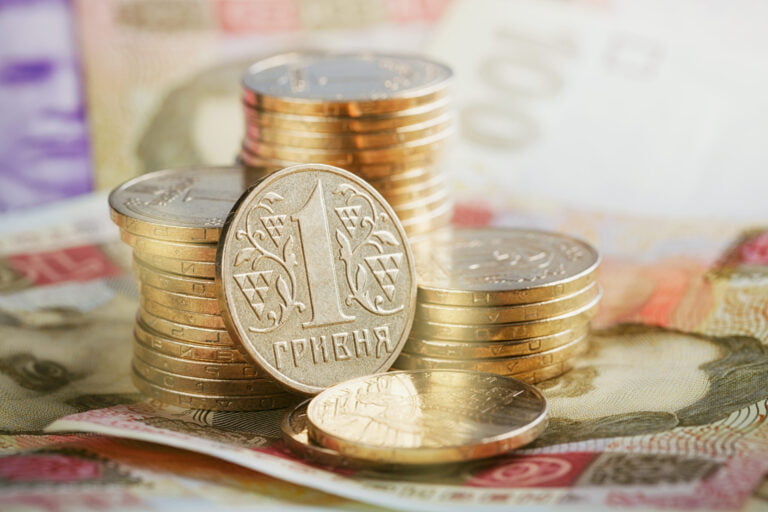Some solutions for a more energy-efficient home mean taking a look at how you use energy in your home. You use energy when you heat and cool your house, so consider adjusting your thermostat even one or two degrees, which can save you money on cooling or heating costs. Also, look into installing a programmable thermostat, so you are not wasting energy when you are asleep or not home. In addition to finding more energy-efficient heating and air-conditioning units, be sure you maintain them correctly. Getting a tune-up from a company like Duff Energy in Edison, New Jersey and changing your filters regularly on the AC and heating unit can help your units run more efficiently. You can also install a wood burning stove. As long as your get your wood from trees that are already down or that need to be thinned out, then you are heating your home in a more energy efficient way. You can update all your appliances, like your laundry machine and dryer, dishwasher, and refrigerator to more energy efficient versions. Setting your hot water heater to 120 degrees is more energy-efficient. If you have an electric water heater, replace it with a natural gas water heater. You also use energy with your lights, so replacing your compact fluorescent lights with light-emitting diode (LED) bulbs can save you money and energy because these bulbs last longer.
Energy Efficient Materials
In addition to upgrading your appliances in your home, try to use energy efficient materials in your design. Adding attic insulation and using residential metal roofing can heat from escaping through the roof. Be sure you choose a light-colored roof to decrease the heat transferred to the attic. What is more, with a metal roof you can install solar panels on top of them to offset your energy usage. Manufacturers even make more energy efficient flooring with cork and thicker windows, so your home stays cool in the summer and warm in the winter. Countertops made of bamboo or recycled glass are more energy efficient because they are more sustainable to produce. Another more energy efficient option for countertops and floors is concrete.
Exterior Energy Efficiency

The efficiency of your home does not involve the interior exclusively. The design of the exterior of your home is just as important. Plant trees on the south, west, and east sides of the house to help shade your home. You can also install a simple rainwater collection system to water these trees with. Another way to reduce water usage is to plant shrubs, bushes, and perennials that are tolerant to drought, called xeriscaping. Composting is another energy efficient solution for your home. Rather than toss your food scraps as waste, start a pile in your backyard for healthy compost to amend your garden and around your other plants. Think of your home as a living organism. What goes in can be used as fuel for another part of the home. In addition to compost, use your lawn clippings for mulch, to attract more worms that keep the soil healthy.





